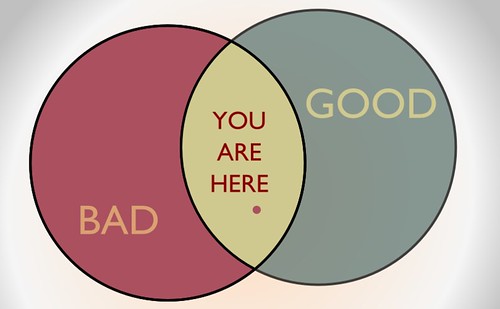(Another in the series of quotes to start the week. I’m considering doing a few of these by video, to see how that works….)
It seems fitting today to present quotations relating to eclipses, in recognition of the eclipse that will cross over the continental U.S. this afternoon. Without further ado …
William Wordsworth recorded his impression of an eclipse over Italy in Memorials of a Tour on the Continent. His poem opens,
High on her speculative tower
Stood Science waiting for the hour
When Sol was destined to endure
‘That’ darkening of his radiant face
Which Superstition strove to chase,
Erewhile, with rites impure

(Image from NASA video of 13 November 2012 eclipse, from Wikimedia Commons.)
A couple of stanzas later, he wrote,
No vapour stretched its wings; no cloud
Cast far or near a murky shroud;
The sky an azure field displayed;
‘Twas sunlight sheathed and gently charmed,
Of all its sparkling rays disarmed,
And as in slumber laid,
Wordsworth, then, had an unhindered view of the event. In contrast, I’m afraid the forecast calls for clouds where I will try to see the totality of the eclipse, but the weather is only one of many things out of my control. Hopefully the clouds will scatter at the right time.
Moving on, it seems apt to quote Victor Hugo from Les Miserables, given the rancorous discourse we’ve heard in our cities recently:
Nations, like stars, are entitled to eclipse. All is well, provided the light returns and the eclipse does not become endless night. Dawn and resurrection are synonymous. The reappearance of the light is the same as the survival of the soul.
In some respects, the struggle in our polity is a struggle for our national soul. Will we be a nation dedicated to a proposition, and specifically to the proposition that all men — all people — are created equal before God and before the law? Or will we be a nation that turns its back on that proposition?
Though in some respects it seems dark now, and cold, the light will dawn again. But whether what we experience is an eclipse — a brief interruption — or a long night, remains to be seen.
With that in mind, permit me to close with the first stanza of my as-yet-unrecorded song, “When the Darkness Comes” —
When the darkness comes, who will bring the light?
Who will run and hide? Who will stay and fight?
When the darkness comes, will we survive the night?
When the darkness comes, when the darkness comes
I hope you get a good view of the eclipse, and that the sun shines warm upon your face.
___
P.S. I would be a poor self-publicist indeed if I didn’t use the occasion of the Moon blocking out the Sun to draw your attention to my lunar colonization novel, Walking On The Sea of Clouds. It’s available as an e-book on Amazon or as a trade paperback on Amazon, and in many other venues as well. Ask for it at your local bookstore! Thanks, GWR



 by
by 














